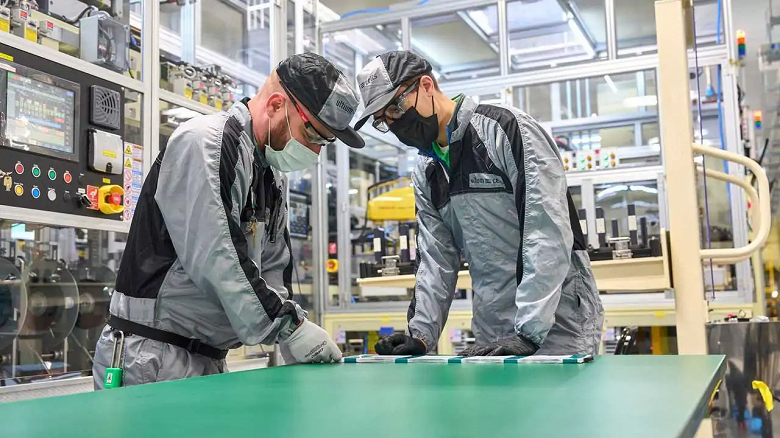Manufacturers are losing a lot on electric vehicles
The lithium-ion battery is often considered the most expensive component in an electric vehicle. However, over the past 10 years prices have dropped greatly.
In 2013, the average price of a lithium-ion battery was $780 per kWh, according to the Bloomberg New Energy Foundation (BNEF). Today, the average cost of batteries is $139 per kWh. This is a record low, 12% lower than in 2022, BNEF notes. This decline can be partly explained by expansion of production capacity and lower raw material costs.
“This is another year where battery prices have closely tracked raw material prices. In the years since we conducted this research, falling prices have been driven by massive learning and technological innovation, but that dynamic has changed,” said Evelina Stoicu, BNEF senior scientist for energy storage. “The fall in prices this year was due to significant increases in production capacity across the value chain coupled with weaker-than-expected demand.”

Lithium-ion battery prices hit record lows, but electric cars remain expensive
Cheaper batteries should mean more affordable electric vehicles for consumers. But the reality is a little more complicated. Some battery makers have seen reduced plant utilization, and rising demand for electric vehicles hasn’t quite met some automakers’ expectations. In fact, battery prices rose in 2022 for the first time in several years, rising from $150/kWh to $161/kWh before falling again this year.
Moreover, mass production of electric vehicles has not yet reached a level where the benefits of lower battery costs can be fully reflected in the final price – Tesla is an exception. OEMs are losing a significant amount of money on electric vehicles. Therefore, cheaper batteries are not enough to offset the capital-intensive production of electric vehicles and the associated costs.
Presumably, it may be several more years before consumers begin to see the benefits of falling battery prices.




